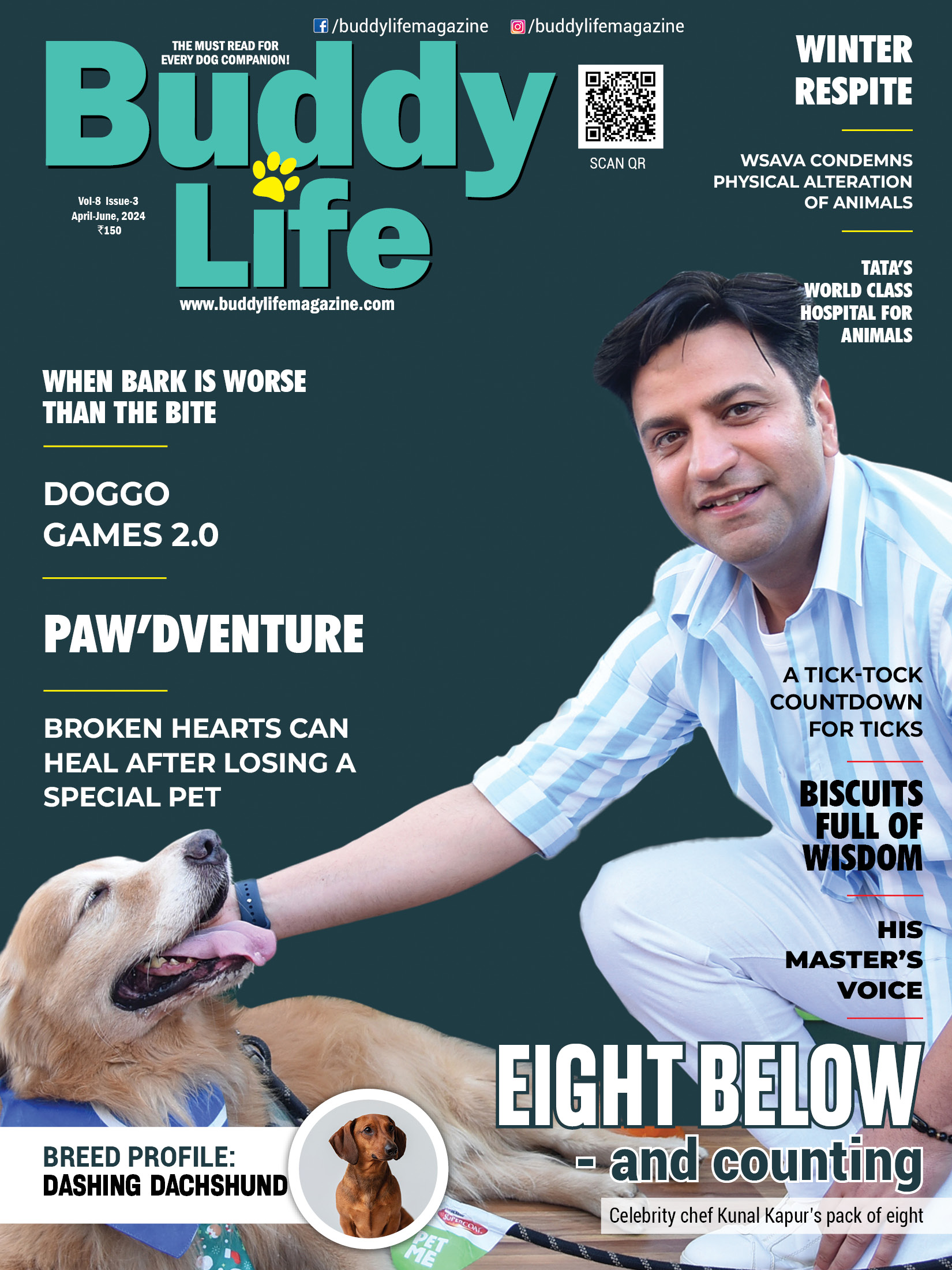
A new study shows he will, suggesting dogs perceive spoken words in a sophisticated way long thought unique to humans.
London, December 27, 2019: In the new study, Holly Root-Gutteridge, a cognitive biologist at the University of Sussex in Brighton, U.K., and her colleagues ran a test that others have used to show dogs can recognize other dogs from their barks. The researchers filmed 42 dogs of different breeds as they sat with their owners near an audio speaker that played six monosyllabic, non-command words with similar sounds, such as “had,” “hid,” and “who’d.” The words were spoken—not by the dog’s owner—but by several strangers, men and women of different ages and with different accents.
As reported by media, the dogs pitched their ears forward or moved toward the speaker—both signs of engagement—whenever they heard a new word that had a slightly different vowel sound. That indicates, the researchers say, that they detected the difference. For instance, in the video above, the border collie Max turns quickly and listens intently when he hears a woman say “had” for the first time. But as other women with different accents repeat the word, he loses interest, indicating he knows they are all saying the same word. When a speaker says a new word, like “who’d,” Max perks up again, but his attention flags when a new voice returns to saying “had.” Together, these reactions suggest dogs recognize words irrespective of the speaker-—and that they don’t need any training to do it, the team reports today in Biology Letters.
“It’s wonderful—and novel—to see research looking at dogs’ reactions to words that are not commands or requests,” says Alexandra Horowitz, a canine cognition researcher at Barnard College in New York City who was not involved in this study. Because of the nature of the test, however, the scientists can’t show that the dogs “understood” what the words meant, Horowitz points out. But the work clearly demonstrates that “dogs are listening to us,” she says, even when our speech is not about them.
To read more, subscribe to Buddy Life!










 " >
" >
 " >
" >